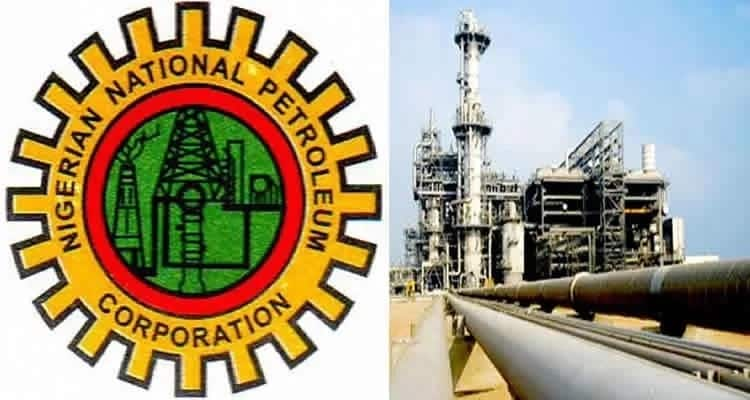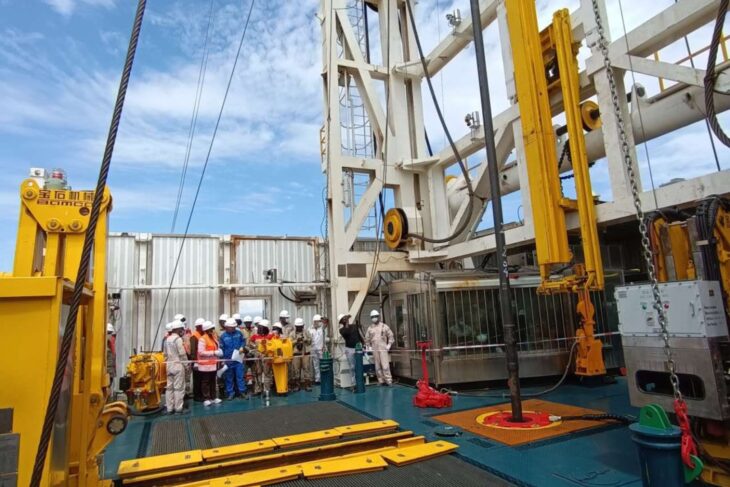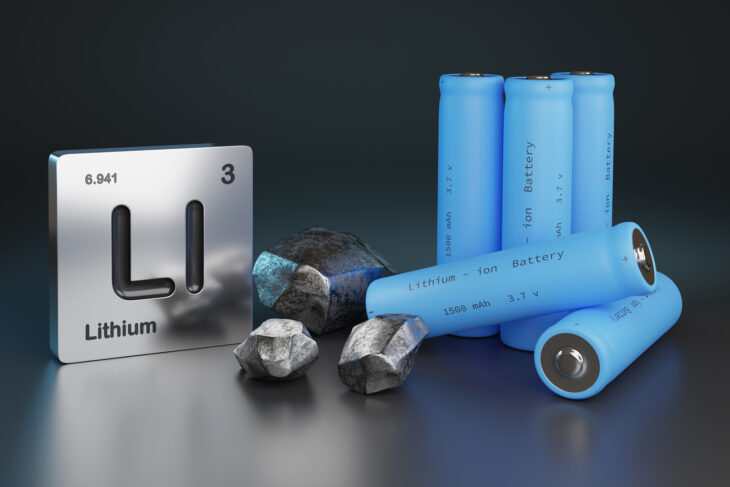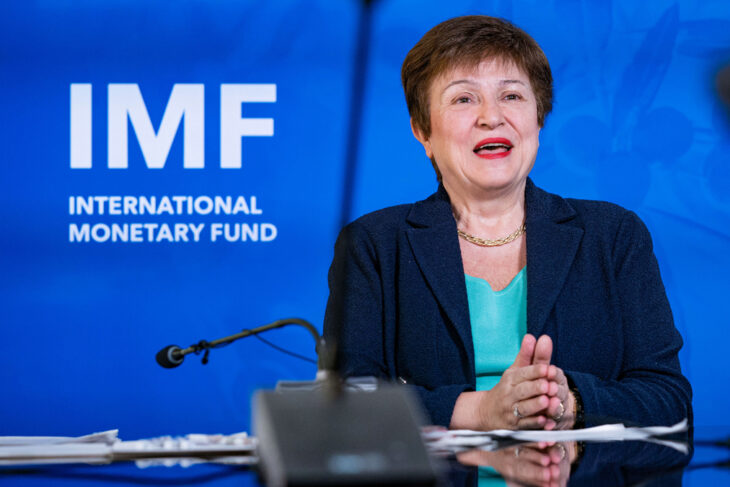
Some economists and oil and gas experts have backed the Federal Executive Council’s (FEC) approval of the acquisition of 20 per cent minority stake by the Nigerian National Petroleum Corporation (NNPC) in the Dangote Petroleum and Petrochemical Refinery.
They made their views known in separate interviews with the News Agency of Nigeria (NAN).
Chief Timipre Sylva, Minister of State for Petroleum Resources, had announced the approval after the virtual FEC meeting presided over by Vice President Yemi Osinbajo, last week.
Sylva had said the acquisition was in the sum of $2.76 billion.
Reacting to the development, Prof. Chris Onalo, Registrar and Chief Executive Officer, Institute of Credit Administration, said oil and gas remains the major source of revenue for the government which requires massive investment in the sector.
He added that the NNPC’S support to the refinery and others coming on stream soon would increase investors’ confidence in the sector thereby attracting the more investments.
Also, Mr Muda Yusuf, an economist and immediate-past Director General of the Lagos Chamber of Commerce and Industry (LCCI), said the Dangote Refinery was of strategic national importance.
He stated: “My views have always been that even though this is a private sector project, it makes both commercial and nationalistic sense for NNPC to express interest in it.
“This project has a good prospect to put an end to fuel importation and the associated leakages of public funds while also preserving our foreign exchange reserves.
“The proposal by NNPC to take 20 per cent equity stake in the Dangote Refinery is a move in the right direction. The reality is that the Dangote refinery is a project of significant and strategic national importance, even though it is promoted by the private sector.
“Taking a stake in the project also makes a great deal of business sense, especially given how far the project execution has gone and our heavy dependence on importation of petroleum products.
“It also makes both commercial and nationalistic sense for NNPC to express an interest in a project that has a good prospect to put an end to fuel importation and the associated leakages of public funds.”
The LCCI DG further said that the model being proposed with the Dangote refinery was similar in a way to the Nigeria Liquefied Natural Gas (NLNG) Limited’s model, which according to him, remains the best example of how government funds should be invested.
Similarly, Mr. Wilson Opuwei, Chief Executive Officer, Dateline Energy Services Limited, said the approval was a step in the right direction for the country.
He stated: “It makes sense for the NNPC to invest in ventures that will bring returns to the company. Every business need good investments and this is what the NNPC is doing with the Dangote Refinery.”
He said that the refinery will ensure energy security as the Refinery is capable of meeting Nigeria’s gasoline requirements while generating revenue in hard currency from export of diesel, jet fuel, polypropylene among many others.
Chief Operations Officer, Dangote Oil Refining Company, Mr Giuseppe Surace, told the marketers that the refinery has been designed to process a variety of light and medium grades of crude, including petrol and diesel as well as jet fuel and polypropylene.
He said the refinery was billed to produce up to 50 million litres of petrol and 15 million litres of diesel a day, roughly 10.4 million tonnes of the product, 4.6 million tonnes of diesel, and 4 million tonnes of jet fuel yearly.
According to him, this is in addition to having a fertiliser plant, which would utilise the refinery by-products as raw materials.
He disclosed that the refinery which has recorded 90 per cent completion, was expected to address the challenge of petroleum product importation in Nigeria and other African countries.













